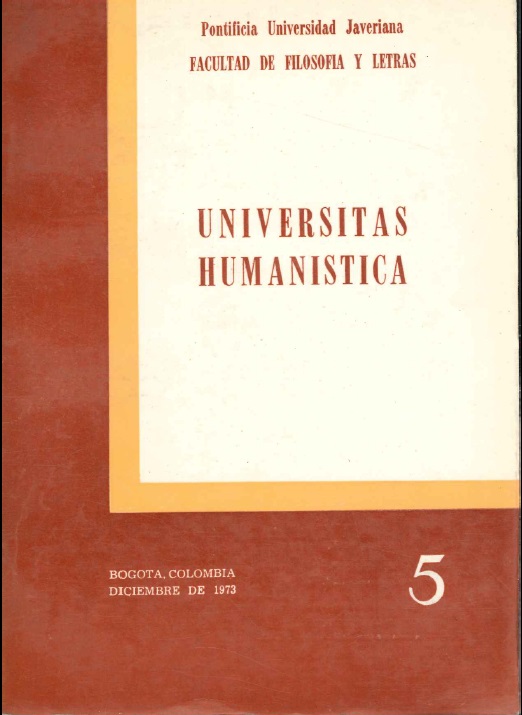Abstract
Dentro de la complejísima Historia de Hispanoamérica en el siglo XIX, hay un conjunto perfectamente definido, que es el relativo al Brasil entre los años 1831 y 1889, conocido como el Segundo Imperio Brasileño. Durante esos 58 años el Brasil realizó su gran transformación nacional. En 1831 este país llevaba el mismo camino que la Gran Colombia y amenazaba fraccionarse en multitud de pequeñas repúblicas, seguramente más débiles que las del norte de Suramérica, pues Brasil tenía un bagaje colonial mucho más pobre. En 1889 Brasil era ya uno de los colosos de Hispanoamérica, con una enorme extensión territorial, dentro de unas fronteras definidas, un potencial demográfico apreciable, una conciencia nacional, y una economía en desarrollo. El cambio se había realizado precisamente durante el gobierno del emperador Don Pedro II.

This journal provides immediate open access to its content on the principle that making research freely available to the public, encourages greater global exchange of knowledge.
The journal Universitas Humanística is registered under a Creative Commons Attribution 4.0 International Public License. Thus, this work may be reproduced, distributed, and publicly shared in digital format, as long as the names of the authors and Pontificia Universidad Javeriana are acknowledged. Others are allowed to quote, adapt, transform, auto-archive, republish, and create based on this material, for any purpose (even commercial ones), provided the authorship is duly acknowledged, a link to the original work is provided, and it is specified if changes have been made. Pontificia Universidad Javeriana does not hold the rights of published works and the authors are solely responsible for the contents of their works; they keep the moral, intellectual, privacy, and publicity rights.
Approving the intervention of the work (review, copy-editing, translation, layout) and the following outreach, are granted through an use license and not through an assignment of rights. This means the journal and Pontificia Universidad Javeriana cannot be held responsible for any ethical malpractice by the authors. As a consequence of the protection granted by the use license, the journal is not required to publish recantations or modify information already published, unless the errata stems from the editorial management process. Publishing contents in this journal does not generate royalties for contributors.


